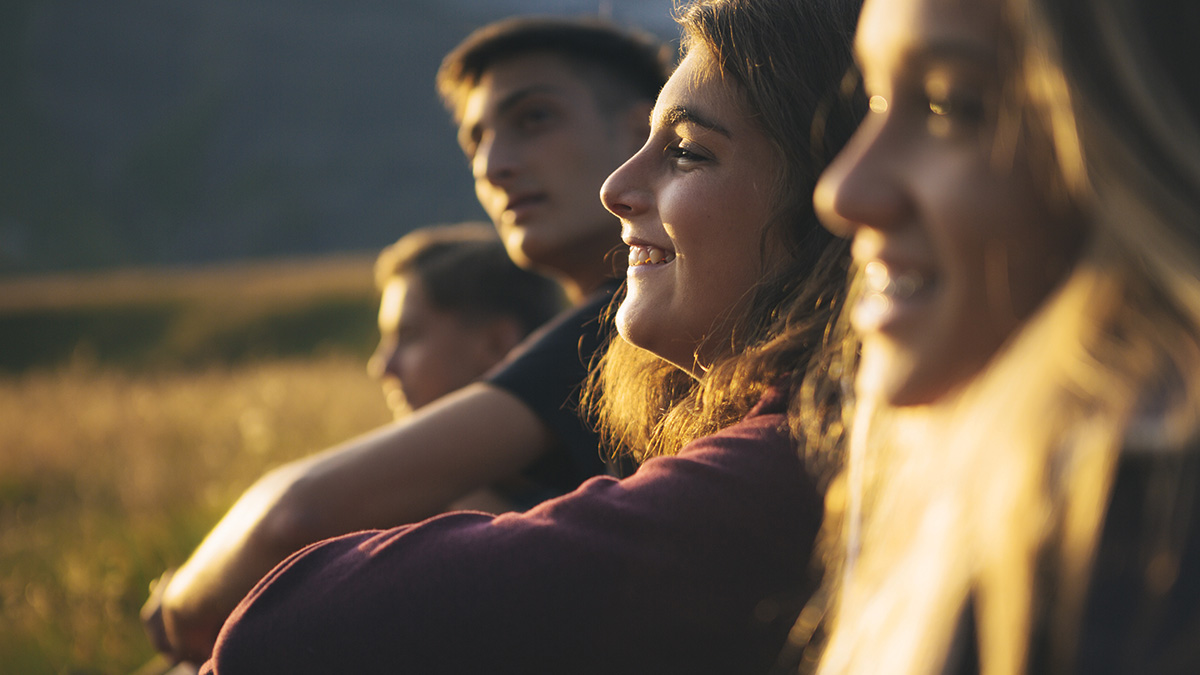Part 3 of our series ‘Mental illness relapse and recovery during a global pandemic: lived wisdom from young people’s perspectives’
“We will not go back to normal. Normal never was. […] We are being given the opportunity to stitch a new garment. One that fits all of humanity and nature.” – Sonya Renee Taylor
As a collective, we’ve found that the advice from many think pieces during this time has been removed from lots of people’s actual lived experiences. Right now, we’re in an absolute unknown. Things are going to be and feel different, strange and exhausting as we adjust to completely new versions of “normal”. For some of us, no amount of meditation and mindfulness helps in general, let alone during a pandemic, especially if our basic needs aren’t being met.
This is the final part in our series, ‘Mental illness relapse and recovery during a global pandemic’. For those of us who are working hard on our recovery journey, where can we seek specific support during this time? What are some useful tips, tricks and tools from peers in this space with relevant lived experience?
Continue reading “Tips, tricks and resources: What’s been helping during COVID-19 and as we transition into our new “normals” | Part 3”













